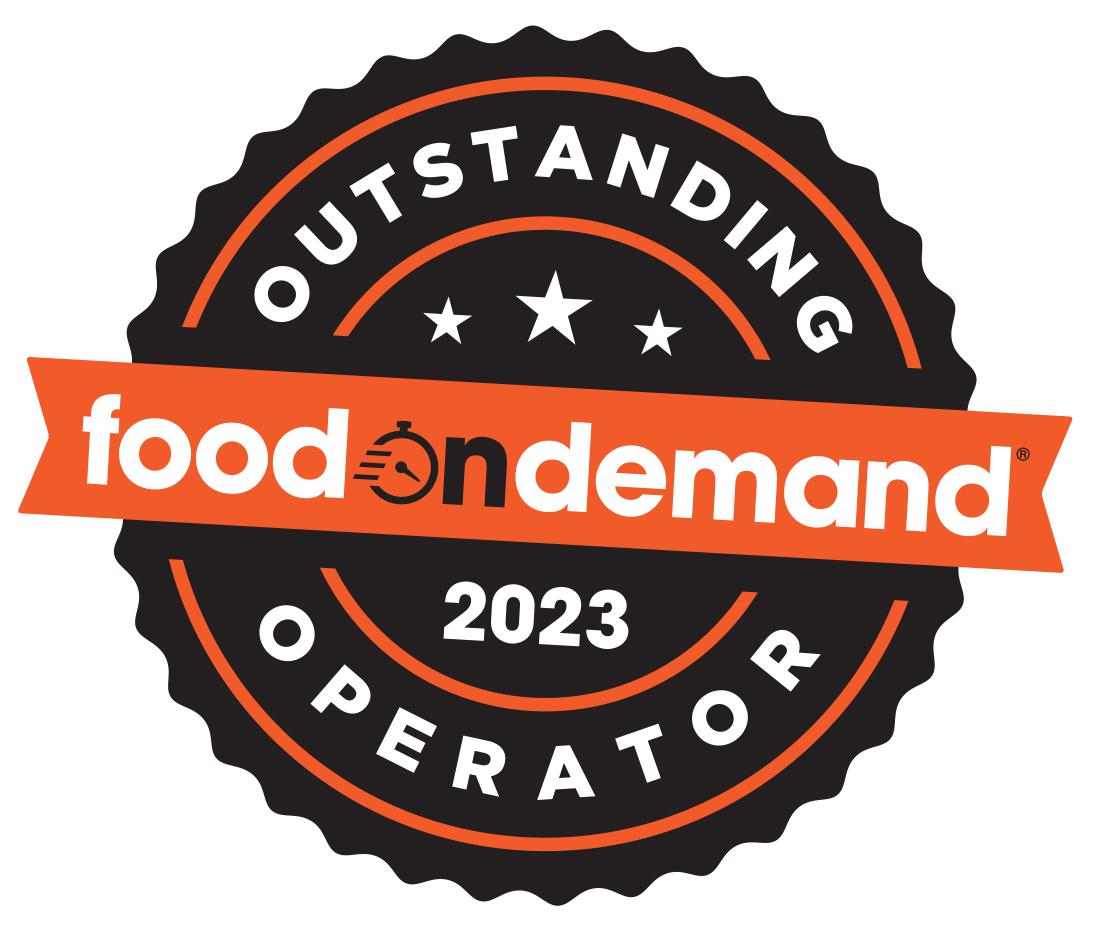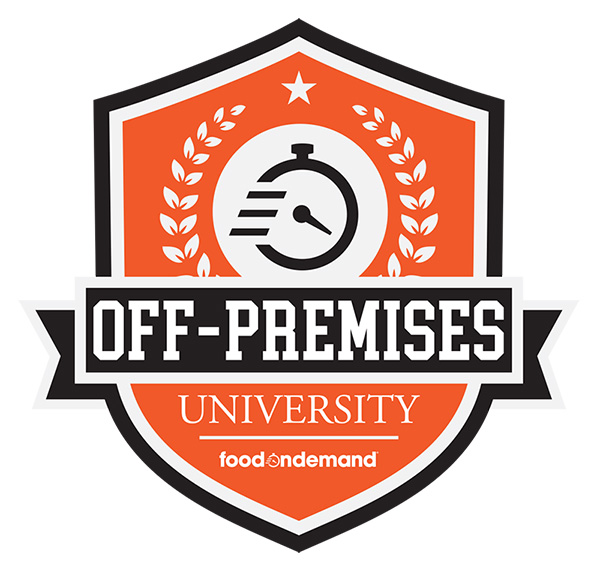Four notable partnerships show continued growth and innovation from across the Food On Demand space.
Waitr is expanding a partnership with virtual kitchen and order logistics firm Nextbite; Jamba is rolling out more automated smoothie bars from automation partner Blendid and the Department of Defense is piloting a “robotic sous chef” on military bases; and JustKitchen is preparing food for 7-Eleven.
ASAP (Waitr) deepens partnership with Nextbite
Third-party delivery network Waitr—now ASAP after a recent rebrand—inked a deal with Nextbite to add even more virtual restaurants to its network. The companies announced the addition of TZKI, Veg-e-licious, Hatch House, Crack’t and Lucky Dragon Fried Rice—five Nextbite-developed brands that are “significantly increasing customer options” on the platform. The new virtual brands add to the existing eight Nextbite brands already on ASAP, but adds some more exotic offerings to comfort food brands like Monster Mac, Grilled Cheese Society and a pair of wing brands.
“With these new and unique brands and menus on the Waitr platform, there will be more variety than ever for our customers,” said Carl Grimstad, CEO and chairman of ASAP. “From more robust restaurant selection to the expansion of new delivery verticals, we continue to differentiate ourselves to better serve our customers in all markets.”
“All markets” is key there, the Waitr footprint keeps growing and now operates in 1,000 cities, but it has a core competency of working in smaller markets where there is a lot of white space for unique virtual brands inside existing restaurants—which is how Nextbite works with restaurants. These markets generally have fewer options and pent-up demand for novel food options or vegetarian- and vegan-friendly menus.
Blendid building more robotic smoothie bars
Robotic smoothie maker Blendid is building more robots with smoothie giant Jamba. The two companies announced an extension of an ongoing partnership. Blendid will build two more autonomous smoothie kiosks for a pair of college campuses in Georgia.
Geoff Henry, president of Jamba said, “It has been rewarding to see guests engage enthusiastically with our kiosks, and we are looking forward to speaking with future operators who are interested in testing with us and learning more about the opportunity.”
As Food On Demand covered previously, the companies already had a two-location mall pilot program. Blendid co-founder and CEO Vipin Jain said he’s eager to see how campuses with their routine traffic and high volumes utilize the kiosks.
“The positive guest feedback validates the potential of our robotic kiosks at a variety of different locations across the country,” said Jain. “We look forward to learning how these new campus communities utilize the kiosks as we pursue additional opportunities in similar settings.”
Department of Defense drafts robotic salad bot
The Department of Defense (DoD) has a new robotic soldier helping out at Travis Air Force Base in California. Dubbed Alfred, it’s not a new cyber death machine but a “robotic sous chef” developed by robotics firm Dexai Robotics.
The robot is a mechanical-arm based bot that is focused on prep with some cooking capabilities using all manner of tools to scoop, grab, flip and portion. So far, the single device is catering to about 950 people a day on the base that houses more than 7,000 people. It’s the first of 10 bots under a $1.6 million contract between the DoD and Dexai.
According to Jim Kreuger, it’s working great. Kruger is the Air Force food services center food and beverage policy, procedures and strategic initiatives chief (what a title). For him, the flexibility of the bot is key, it can be moved to nearly any prep station and quickly deduce via machine learning how to prep in its new environment.
“In terms of functionality, ease of implementation, and flexibility, Alfred far surpassed anything else we saw on the market. The fact that it can be optimized to each facility’s unique needs was also a significant differentiator,” said Kreuger. “We’re confident that this pilot program will be just the beginning of a long Air Force and U.S. Space Force career for Alfred. I can’t wait to see what other roles and ideas we can develop with the commercial industry under this program.”
JustKitchen to produce fresh food for 7-Eleven
Taiwan-based ghost kitchen operator JustKitchen inked a deal with 7-Eleven to both provide food for the convenience giant and offer delivery via a delivery network 7-Eleven bought last year. JustKitchen will also create a virtual brand to be offered on 7-Eleven’s delivery platform.
The pilot program will provide meals at 7-Eleven locations in the Neihu District of Taipei, a district of about 12 square miles with a population of 287,000 people.
“Entering into a commercial arrangement with 7-Eleven Taiwan is a significant development for JustKitchen and, in our view, it brings together two strong operators for the benefit of the end consumer,” said Jason Chen, co-founder and Chief Executive Officer of JustKitchen.
While the common threads between these three partnerships are sparse, together they show continued traction and innovation across the space and bring once disparate players even closer together.
The next phase of robotics while still on the bleeding edge demonstrates that these devices and methods are working and working well. Deeper penetration of virtual brands is a good indicator that the brands are clicking with consumers, and more importantly, working for restaurant operators who fulfil the orders. While there is still a lot of figures out around economics and operations of virtual brands, both sides of the marketplace seem willing to keep exploring.
As such players go deeper and find new niches to capitalize on, the hype beasts of yesterday are maturing into industry workhorses.




